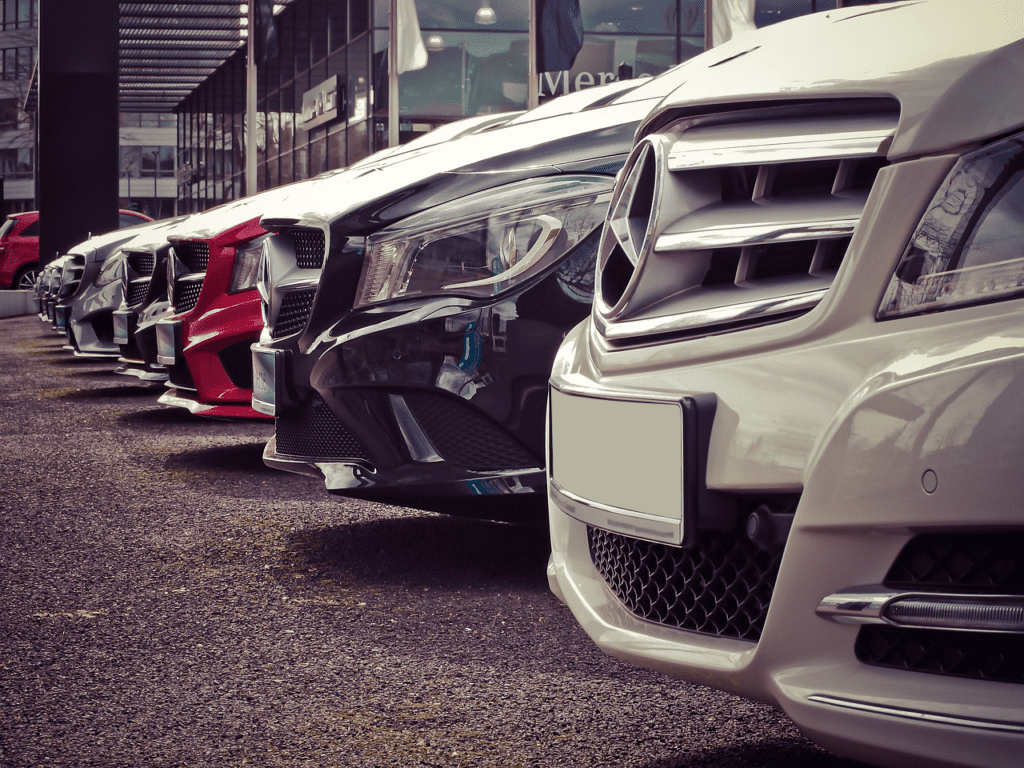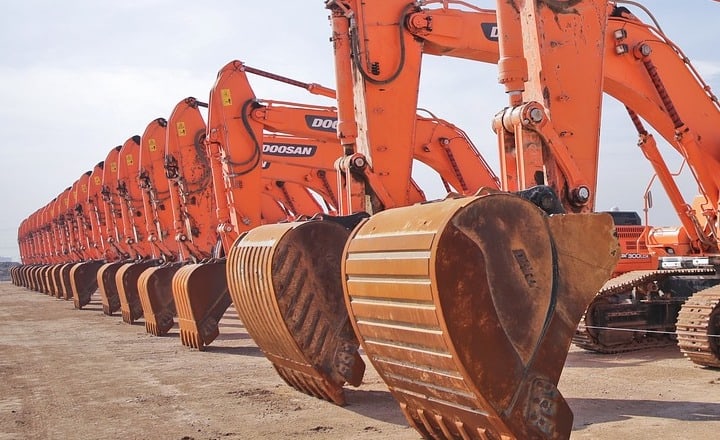Tax implications of leasing vs buying equipment
While both options have pros and cons, it is crucial to understand the tax implications of leasing vs buying equipment as Consilium Tax expert Craig Coyle explains.
For many UK businesses, equipment is essential to their daily operations. Whether it’s computers, machinery or vehicles, acquiring the necessary equipment can be a significant expense. A business has two options for equipment acquisition, leasing or buying.
What are the tax benefits of leasing equipment?
Leasing allows a business to use the equipment for a specific period, typically three to five years, by paying monthly or quarterly rentals. At the end of the lease term, the equipment can either be returned to the lessor, purchased at its fair market value, or the lease can be extended. Leasing is a popular option for businesses which require equipment that may need to be updated regularly or who have limited cash flow.
The primary tax advantage of leasing equipment is that it is tax-deductible. The rental payments made can be offset against taxable income, reducing the amount of tax the business pays. Additionally, VAT can be reclaimed on rental payments, reducing the overall cost of leasing.

A secondary benefit of leasing is that it does not tie up the capital of the business. Leasing facilitates the conservation of cash flow, allowing it to be used for other essential expenses, such as salaries or inventory.
Maximising tax savings by buying equipment
Buying equipment outright means that a business owns it and can use it indefinitely. When purchasing equipment, a business can pay in full upfront, finance the purchase, or obtain a loan. Buying is a popular option for businesses which require equipment that has a long lifespan.
A major tax advantage of buying equipment is that a business can claim Annual Investment Allowance (AIA). AIA allows a business to deduct the full value of the qualifying capital expenditure from taxable profits up to a certain limit. In the 2023-2024 tax year, the Annual Investment Allowance limit is £1,000,000. The AIA is not available on the purchase of cars.
From 1 April 2023 until the end of March 2026, companies can also claim 100% capital allowances on qualifying plant and machinery investments through the recently announced Full expensing relief.

Full expensing is a 100% first-year allowance which allows companies to claim a deduction from taxable profits that is equal to 100% of their qualifying expenditure in the year that it is incurred. Unlike AIA, the level of qualifying expenditure is not capped. Expenditure must be incurred on the provision of new and unused equipment (but not cars) on or after 1 April 2023 but before 1 April 2026. It should be noted that Full expensing relief is not available to unincorporated businesses.
Buying equipment offers the added benefit of complete control over the equipment. Owning equipment means that the business can use it as it pleases, without any restrictions or limitations set by a lessor. Additionally, owning equipment means that the business does not need to be concerned about returning it or paying penalties for any damage caused during the lease term.
Comparing the tax implications of leasing vs buying equipment
While leasing and buying equipment both have their advantages, it is important to understand the tax implications of each before choosing the best option for the business.
Leasing equipment allows the offset of rental payments against taxable income, reducing the amount of tax payable. Additionally, VAT can be reclaimed on rental payments, further reducing the overall cost of leasing. It should be noted that the VAT rate on rentals may vary depending on the type of equipment and the leasing terms.
Conversely, buying equipment allows the business to claim Annual Investment Allowance and/ or Full expensing relief, which can significantly reduce taxable profits. Where the AIA limit has been exceeded or the business does not qualify for Full expensing relief, the equipment costs may be deducted against taxable income via capital allowances, which can be spread over several years.
Ultimately, the decision to lease or buy equipment will depend on the specific circumstances of the business. Cash flow, the equipment’s lifespan, and the long-term goals of the business should all be considered when deciding between leasing or buying equipment.
Thinking about leasing or buying equipment for your business?
Consilium Chartered Accountants are happy to have an informal discussion about the best options for your business. Our Tax team help clients across Scotland plan for the tax implications of leasing vs buying equipment, and how to structure their business plans in a tax-efficient manner.
To arrange a confidential virtual or in-person meeting please contact Tax Partner Craig Coyle. Craig has over 20 years of experience advising SMEs and entrepreneurs in all aspects of corporate and personal tax.
Learn more about Consilium Chartered Accountants or follow us on LinkedIn and Twitter for news and tax insights.

